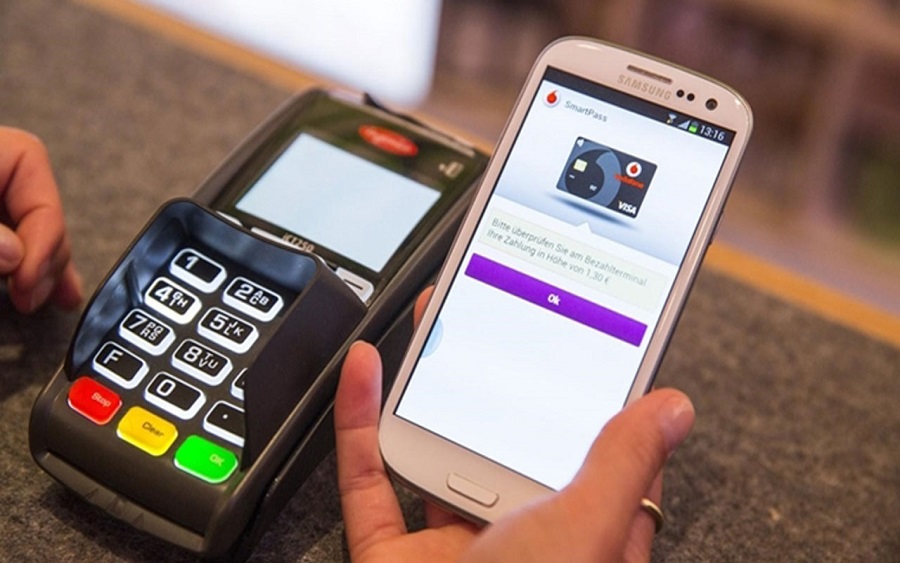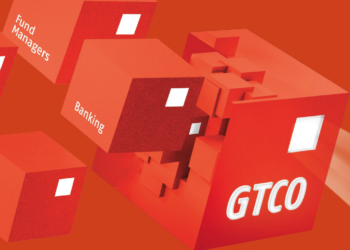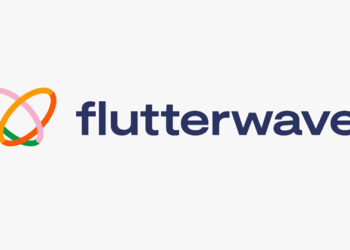Sometime in May 2018, many Nigerians were shocked by the news that the Central Bank of Nigeria (CBN) had ordered the immediate removal of some key directors of eTranzact International Plc, alongside the company’s then Chief Executive Officer, Valentine Obi. This was due to an alleged N11 billion fraud that occurred on one of the company’s platforms and involved three other principal players namely: Smartmicro Systems Limited, Delta State Government, and First Bank of Nigeria Limited.
As you can expect, a scandal of this magnitude had a serious negative impact on the ICT Company’s public image, which invariably affected its business operations and financials. It has been over a year since the alleged fraud and the consequent investigations, board reshuffling, and damage control measures. So, on this week’s Nairametrics company profile, we examine how the company is faring now. And as is our tradition, we shall also be examining the company’s business model, its target market, ownership structure, competitors, and most especially, its overall financial performance.

[READ MORE: Scandal: Another blow on Nissan as CEO steps aside]
Corporate information about eTranzact International Plc
Initially incorporated as a Limited Liability Company in 2003, eTranzact International Plc is a Nigerian tech firm that provides payment solutions. It became a public company in 2019, the same year it was listed on the Nigerian Stock Exchange (NSE), specifically on August 7th eTranzact International Plc is one of Nigeria’s six listed ICT firms. With its market capitalization of N9.9 billion, it is also the most capitalized.
The company’s business model and target audience
eTranzact International Plc is a dominant player in the Nigerian electronic payment ecosystem. Some of its services include payment processing, Point of Sale (POS), and training services. The company has tech solutions for players in various sectors of the economy including banking, education, the financial market, travel and transportation, telecommunications, and public administrations. Some of the company’s most notable products include:
- BankIT
- CorporatePay
- ATM Cardlex Cash
- eTranzact Strong Authentication
- Pocketmoni
- MobileTopUp
- Payoutlet, etc
The company does not operate in Nigeria alone, it also has operations in Ghana, Kenya, Zimbabwe, Cote d’Ivoire, and even UK. The information available on its website says that it is, “currently expanding operations to more and more countries in the world.”
The company’s ownership structure
According to the information contained in eTranzact International Plc’s full-year 2018 financial result, the company is majorly owned by eTranzact Global, with 50.33% shareholdings. The rest of the shareholdings are, “held by a diverse group of shareholders, including institutional investors.”
A look at the competition
As earlier mentioned, there are six other IT companies that are listed on the Nigerian Stock Exchange, asides eTranzact International Plc. These companies are Courteville Business Solutions Plc, CHAMS Plc, CWG Plc, NCR Nigeria Plc, OMATEK Ventures Plc, and Tripple Gee and Company Plc. While each of these companies renders unique services, their interests often conflict in terms of market audience. This creates competition.
Besides the listed companies, there are a number of other emerging payment solutions companies that also pose a competitive challenge to eTranzact International Plc. Two good examples of such companies readily come to mind: Paystack and Flutterwave.
While competition understandably remains a major challenge facing the company, it is not the only problem it has faced recently. For instance, the aforementioned 2018 fraud scandal combined with other factors led the company to record a loss after tax of N3.1 billion in full-year 2018. To understand how this happened, let us go back to the story for a moment.
[READ ALSO: Konga’s Sim Shagaya reignites e-commerce war as he reacts to Jumia’s scandal]
More on the 2018 scandal
The whole scandal began on March 8th, 2018 when First Bank of Nigeria Limited reported an N11.49 billion fraud to the Central Bank of Nigeria. This fraud allegedly occurred on eTranzact’s Fundgate platform and involved Smart Micro Systems Limited, a merchant onboard the platform.

How it all began
Smart Micro Systems Limited approached eTranzact to help deploy a bulk purchase solution which would facilitate payments to Delta State employees. Additionally, the company allegedly configured an additional outbound fund transfer solution which required Smart Micro to maintain a pre-funded settlement account with a first-generation bank for settlement.
In March 2018, First Bank of Nigeria Limited informed eTranzact that the settlement account was in debit to the tune of N11.49 billion. That same March, the Managing Director of Smart Micro Systems Limited, Michael Obasuyi, wrote a petition to the Economic and Financial Crimes Commission (EFCC) against eTranzact. In a twist of events, eTranzact also wrote a counter-petition against Smartmicro Systems Limited. All these led to an investigation by the EFCC, which implicated Michael Obasuyi. He was then arrested for alleged cybercrime and money laundering.
Nigeria’s apex bank reportedly requested the resignation of the company’s CEO, two directors. This, the company later explained in its financial report, was not because these individuals were a party to the alleged crimes. Instead, they had to go because the alleged crime happened under their watch.
How the scandal affected the company’s financials
eTranzact International Plc recorded a loss after tax of N3.1 billion for the 2018 financial year, as against N208 million profit after tax made in 2017. This was largely due to a spike in operating and administrative expenses. For instance, administrative cost for the period stood at N2.3 billion, as against N1.6 billion in 2017.
The company also had to make provision for the N11.49 billion fraud case it found itself immersed in. Below is how the company summarised how much it expended in this regard, according to information it provided on page 20 of its 2018 financial results.
“…This relates to provision for Fraud Assets in relation to a portion of the N11.49 billion fraud reported by First Bank of Nigeria Limited (FBN) on March 8th, 2018, involving Smart Micro Systems Limited (SM), a merchant on-board to the eTranzact Fungate platform as an aggregator for Micro Finance Banks. As directed by the Central Bank of Nigeria (CBN) in a letter issued on Match 13 2019 the net liability was shared equally between eTranzact International Plc and First Bank of Nigeria Ltd at N5.75 billion each. Also, the sum of N5.95 billion recovered from Smart Micro System Limited was shared equally and used to reduce the impact of the liability.”
[READ FURTHER: FAAN in recruitment scandal as politicians hijack process]
How has the company performed so far in 2019?
For its H1 2019 financial results, eTranzact International Plc reported a profit after tax of N96 million, against a loss after tax of N231.8 million during the comparable period in 2018. Revenue also jumped to N6.4 billion in H1 2019, compared to N4.2 billion in H1 2018. Administrative expenses reduced to N470.9 million, compared to N600.3 million in H1 2018. All these are indicative of the possibility that the company may record positive performance at the end of full-year 2019, compared to 2018.
However, eTranzact International Plc needs to do more to clean up its image, especially as it pertains to corporate governance lapses on its part. Its shares are currently below listing standard (BLS) with just 10.06% free float. Note that the Nigerian Stock Exchange requires companies on its main board to have a free float of 20%, while those on ASEM are required to have a 15% free float.























So you mean the Central Bank of Nigeria, Delta State, First Bank, eTranzact, Smart Micro Systems Limited, Pricewaterhouse Coopers, Ernest and Young, and the EFCC cannot categorically explain/unravel the fraud after an entire year? How and who stole what and when??